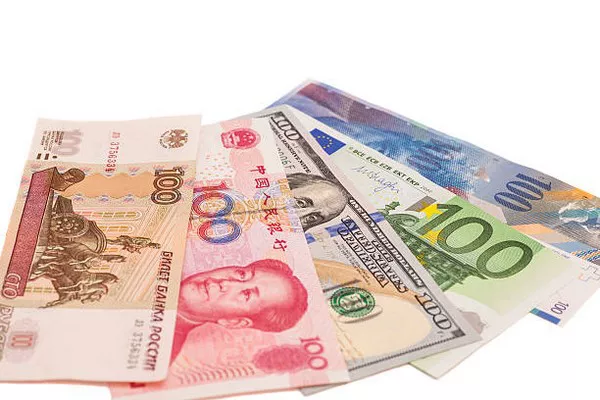The People’s Bank of China (PBOC) is the central bank of the People’s Republic of China, responsible for formulating and implementing monetary policy. Its role extends beyond just regulating the country’s monetary system; it plays a crucial role in fostering economic stability, promoting growth, and ensuring financial security. Understanding the functions and responsibilities of the PBOC provides valuable insights into the mechanisms shaping China’s economic landscape.
What is the PBOC’s Mandate?
The PBOC’s mandate encompasses a broad spectrum of responsibilities. It manages the circulation of currency, regulates financial markets, and supervises financial institutions. One of its primary tasks is to maintain price stability and control inflation through monetary policy. This involves setting interest rates, managing foreign exchange reserves, and implementing measures to influence the money supply. Additionally, the PBOC is entrusted with safeguarding the stability of the financial system, ensuring that banks operate prudently, and mitigating systemic risks.
The PBOC is also charged with promoting financial inclusion and development. It plays a pivotal role in deepening financial reforms, expanding access to credit for businesses and individuals, and supporting the development of a robust financial infrastructure. This mandate aligns with China’s broader economic goals of fostering sustainable growth and reducing income disparities between regions.
How Does the PBOC Influence Interest Rates and the Money Supply?
Interest rates are a key tool used by the PBOC to achieve its monetary policy objectives. The PBOC adjusts benchmark interest rates, such as the loan prime rate (LPR), to influence borrowing costs for businesses and consumers. By raising or lowering interest rates, the PBOC can encourage or discourage borrowing and spending, thereby affecting economic activity and inflation.
In addition to interest rates, the PBOC manages the money supply to achieve its policy goals. It uses various instruments, such as open market operations and reserve requirements, to control liquidity in the financial system. For example, during periods of economic expansion, the PBOC may reduce reserve requirements to inject liquidity into the economy and stimulate growth. Conversely, during inflationary pressures, it may tighten liquidity by increasing reserve requirements to curb excessive lending and stabilize prices.
How Does the PBOC Manage Foreign Exchange Reserves?
The PBOC is responsible for managing China’s vast foreign exchange reserves, which are among the largest in the world. These reserves play a critical role in supporting the stability of the yuan (Renminbi) exchange rate and ensuring the country’s financial security. The PBOC intervenes in the foreign exchange market to prevent excessive volatility in the currency and maintain China’s competitiveness in international trade.
The management of foreign exchange reserves also involves strategic investment decisions. The PBOC invests these reserves in a diversified portfolio of foreign assets, including government bonds and equities, to optimize returns and preserve capital. This prudent management of reserves helps safeguard China’s financial stability and enhances its economic resilience in the face of external shocks.
How Does the PBOC Support Financial Reform and Innovation?
The PBOC plays a pivotal role in advancing financial reforms and fostering innovation within China’s financial sector. It spearheads initiatives to modernize the banking system, promote fintech, and enhance financial regulation. One of the key areas of focus is promoting digital finance and expanding access to digital payment services.
The PBOC is at the forefront of developing China’s central bank digital currency (CBDC), known as the digital yuan. This innovative initiative aims to enhance financial inclusion, reduce transaction costs, and facilitate more efficient monetary policy transmission. By embracing fintech and digitalization, the PBOC is driving transformative changes in China’s financial landscape, positioning the country as a global leader in digital finance.
Conclusion
In conclusion, the People’s Bank of China (PBOC) wields significant influence over China’s economy through its multifaceted roles in monetary policy, financial regulation, and currency management. As the central bank, the PBOC plays a critical role in maintaining economic stability, promoting sustainable growth, and fostering financial innovation. Its actions and policies have far-reaching implications for businesses, consumers, and investors both within China and globally. Understanding the functions and responsibilities of the PBOC is essential for gaining insights into China’s economic trajectory and the broader dynamics of the global economy.


